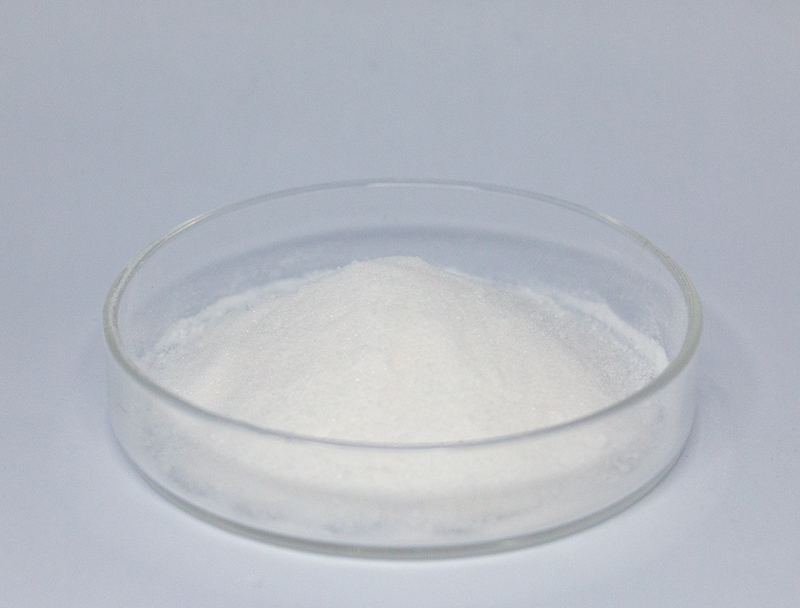
Biotech manufacturing draws predominantly from a wide assortment of input materials to create novel bio-derived items.
Preserving ethical acquisition of feedstocks is critical to longevity and principled development in the sector.
multiple challenges associated with traditional raw material procurement for example habitat harm and overextraction of resources. Therefore, biomanufacturing companies must actively seek out alternative sourcing strategies to minimize their ecological footprint.
- Representations of ethical supply approaches are:
- Utilizing renewable feedstocks derived from agricultural byproducts
- Adopting looped production models to decrease loss and amplify reuse
- Connecting with nearby vendors prioritizing responsible supply
Embracing sustainable procurement produces environmental benefits with profitable potential.
Improving Biomass Inputs to Boost Biofuel Yields
Improving fuel production performance hinges on the attributes of biomass inputs. Experts maintain efforts to discover ways to maximize feedstock value, resulting in superior production volumes and sustainable energy gains. This involves genetic modifications to increase biomass production, as well as pretreatment techniques that break down complex plant materials into more readily fermentable sugars.
- Similarly, research probes algae, byproduct streams, and harvest remnants as potential sustainable sources to augment biofuel feedstocks.
- As a result of relentless efforts the industry should deliver significant enhancements paving a path to sustainable energy.
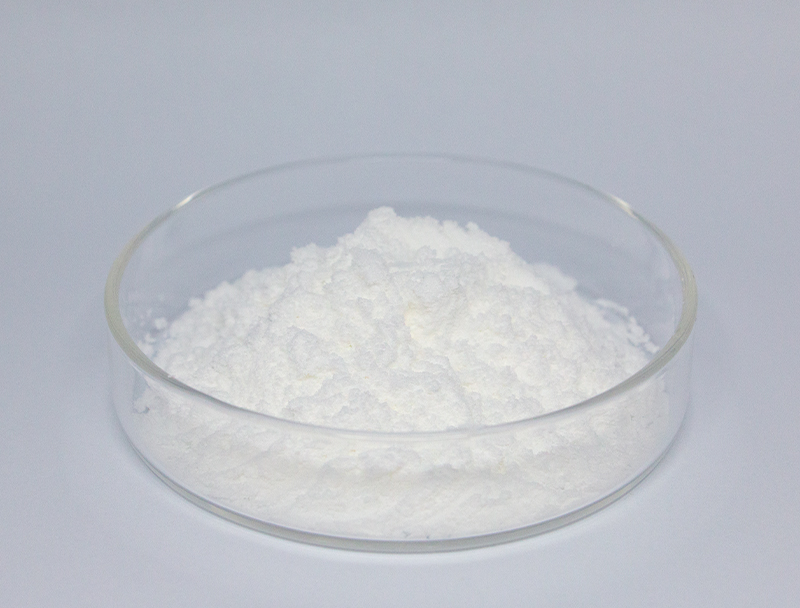
Next-Generation Upstream Methods in Biopharmaceuticals
includes primary operations from inoculation through cell collection New innovations across this area have produced enhanced manufacturing methods that boost yields.
Salient improvements involve specialized expression hosts, fine-tuned media strategies, and next-gen bioreactor concepts. These advances improve throughput while lowering both operational expenses and ecological footprints.
- In addition, momentum toward nonstop processing offers improved flexibility and optimized operational flow.
- This move toward intelligent production systems is expected to reshape the industry and hasten drug development.

Next-Gen Gene Editing for Enhanced Protein Expression
evolutions in genetic modification techniques have optimized therapeutic biosynthesis. By accurate genomic tuning, developers enhance yields of critical biopharmaceuticals. The strategy paves the way toward accessible, high-yield therapeutics across disease spectra.
Microbial Approaches to Effective Bioremediation
forward-looking microbial interventions for environmentally friendly decontamination. Specialized microbes can enzymatically degrade pollutants to reduced-toxicity products.. Using microbial biotechnology enables remediation strategies that balance effectiveness with ecological protection. Investigators study multiple microbial strains for abilities to transform metals, degrade agrochemicals, and process petroleum wastes.. These microorganisms can be employed in bioreactors or directly at contaminated sites, promoting the breakdown of pollutants through biodegradation processes..
Biological remediation using microbes yields meaningful benefits compared to conventional strategies. It is a cost-effective and environmentally friendly approach that minimizes the generation of harmful byproducts. Concurrently, these solutions provide focused remediation without widespread environmental harm. The field of microbial biotechnology continues to advance rapidly, with ongoing research focused on improving the efficiency and effectiveness of bioremediation strategies.
Bioinformatics Tools Transforming Drug R&D
Bioinformatic tools play an increasingly crucial role in the modern landscape of drug discovery and development. From target discovery through candidate optimization, bioinformatics facilitates streamlined, hypothesis-guided workflows.
- Using extensive genomic, proteomic, and patient data, analysts discover targets and anticipate therapeutic performance.
- Concurrently, virtual screening and simulation shape the development of more effective therapeutics.
- In the end, informatics-driven methods streamline development and accelerate delivery of therapeutic solutions to patients.
Optimizing Metabolism to Increase Bioproduct Production
employs a variety of strategies to augment the synthesis of valuable bioproducts within microorganisms. Options include metabolic rerouting via gene edits, expression tuning through regulatory control, and incorporation of foreign enzymes to expand function.. By calibrating pathway dynamics and expression levels teams can greatly amplify bioproduct yields.
Such holistic engineering could impact many areas including medical therapeutics, agricultural outputs, and biofuel production.
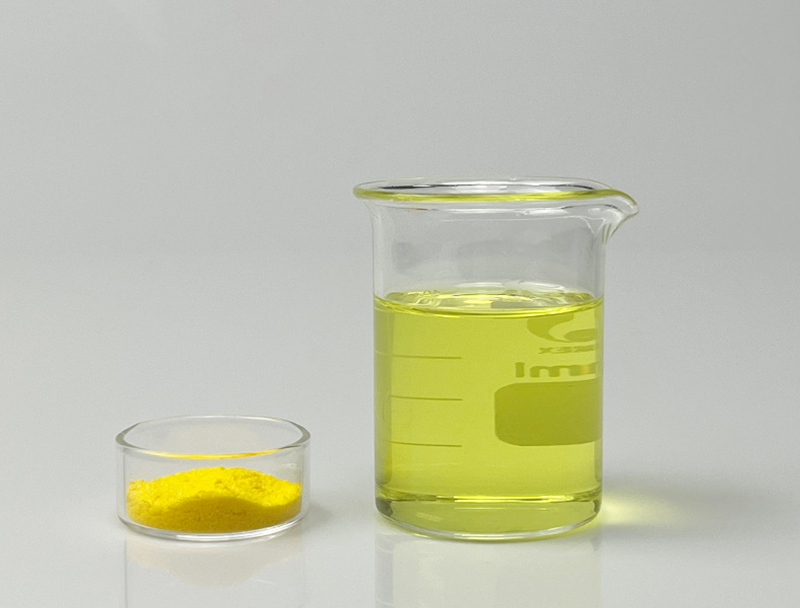
Industrializing Biopharmaceuticals: Risks and Rewards
Industrial-scale production introduces demanding hurdles as well as strategic advantages. Sustaining Calcium Propionate uniform quality across expanded production capacity is a principal challenge. Resolving it depends on rigorous control strategies, precise instrumentation, and comprehensive analytics.
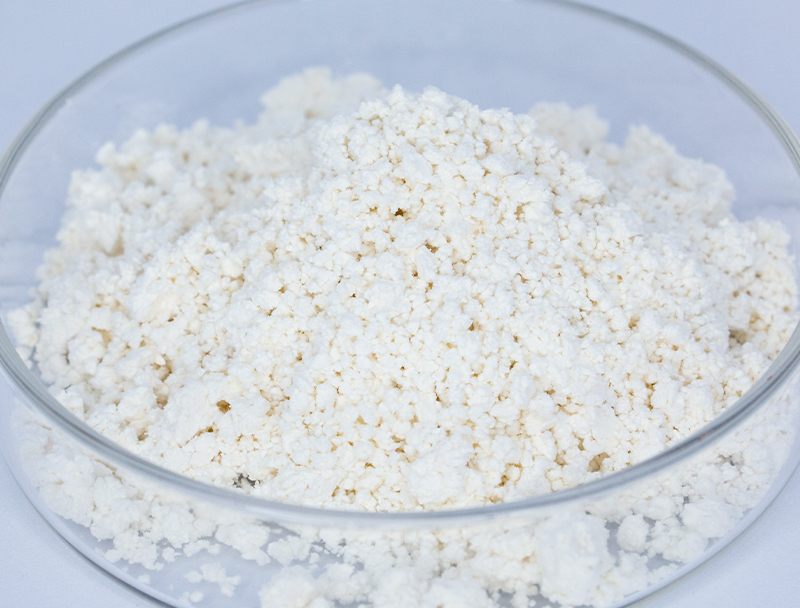
Additional complexity arises because biopharma production entails many coordinated stages.. Adapting protocols for industrial scale requires considerable development work and engineering advances.. However, the potential rewards are substantial. Proper scaling can increase therapy supply, reduce expenses, and elevate profitability.
A range of strategies is being implemented to address scaling problems. Approaches include cutting-edge process optimization tech, comprehensive analytics for control, and disruptive manufacturing designs.
- Research and development activities are central to evolving manufacturing capacity.
- Regulators are reforming approval systems to facilitate adoption of advanced manufacturing and nurture innovation.
Mapping the Compliance Environment for Safe Therapeutic Development
Bringing biologics to market involves rigorous regulation designed to protect patients and confirm therapeutic benefit. Therapies derived from biological organisms carry special considerations not typical of conventional pharmaceuticals.
Agencies like FDA and EMA develop frameworks and criteria for validating and approving cutting-edge biotherapies..
Extensive evaluation procedures are essential across development phases, spanning preclinical work to post-market checks.. These controls function to identify dangers and ensure biopharmaceuticals achieve premier safety standards..
Likewise, authorities progressively modify regulatory tactics to follow the speed of innovation in biopharma.. Efforts comprise integrating cutting-edge tools and easing development pathways while upholding patient safety.
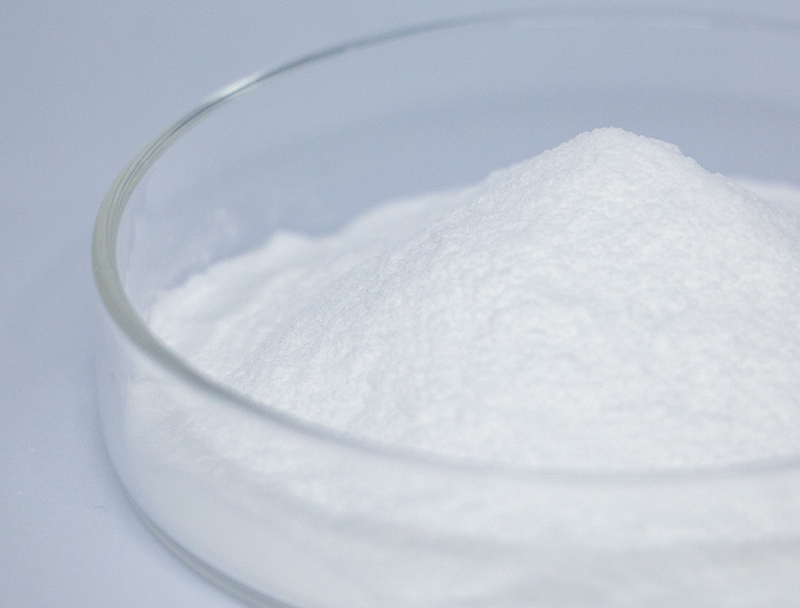
Assessing Plant Biomass Pathways for Bioplastic Innovation
Heightened demand for sustainable products accelerates efforts to develop renewable material alternatives. Among these, bioplastics, produced from plant-derived biomass feedstocks, offer a promising avenue towards a greener future. Materials such as starch from corn, cellulose pulp, and sugarcane biomass are convertible into biodegradable polymers that lower plastic waste concerns.
Moreover, bioplastics can mirror key properties of fossil-derived plastics and fit diverse application needs.. Further innovation is required to mature plant-based bioplastics for broad adoption and circular economic models.
Biotech's Role in Improving Global Health and Agricultural Resilience
Biotech innovations hold promise to dramatically impact health and the reliability of food systems. With genetic tools, engineered biological systems, and regenerative cell approaches, experts craft interventions to manage diseases, enhance agriculture, and fortify nutrition.. For instance, genetically modified crops can be engineered to resist pests and environmental stresses, leading to increased agricultural production and reduced reliance on harmful pesticides.. Additionally, biotech enables faster vaccine development, novel antimicrobials, and precise diagnostics critical to infectious disease control and health improvement.. As the field evolves, biotechnology is expected to play a pivotal role in shaping a healthier and environmentally sustainable future for all.
